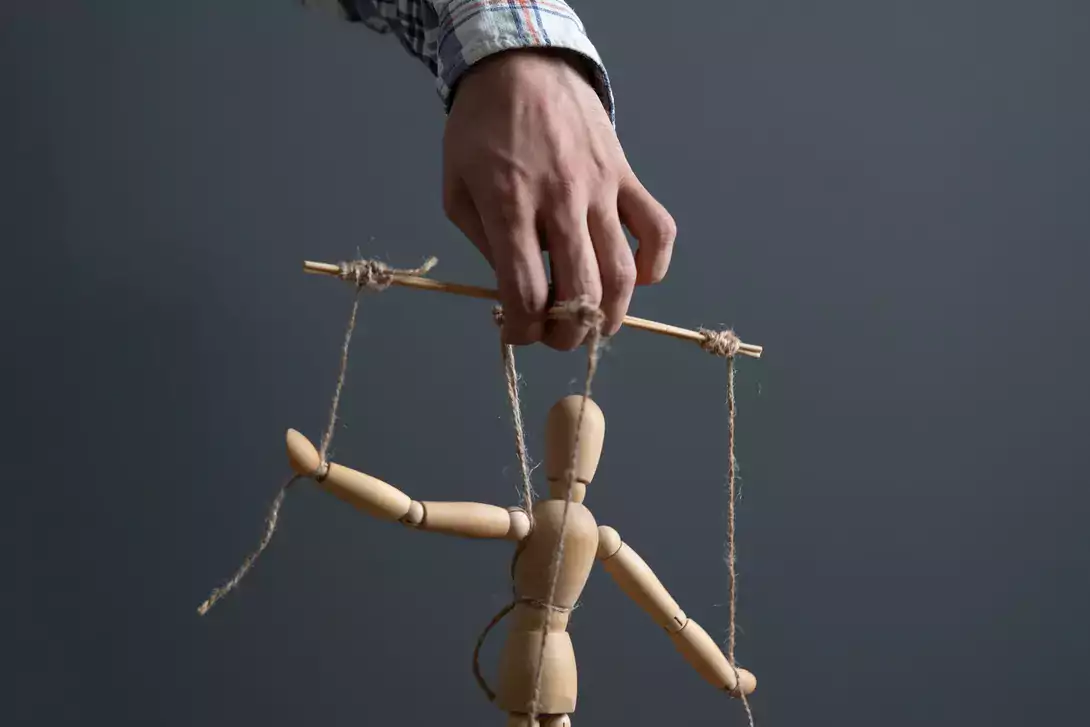In the hustle and bustle and constant interactions of our modern lives, finding moments to be alone can be challenging. However, learning to enjoy our own company has a profound impact on your emotional and mental well-being. Today we invite you to delve into the wonderful experience of being alone and discover the magic it can bring you. Get ready to embark on a journey of self-discovery and create unforgettable memories with yourself.
The idea of being alone is often mistakenly associated with loneliness or boredom. However, nothing could be further from the truth. Learning to enjoy your own company is an invaluable gift that you can give yourself. It gives you the chance to disconnect from the bustle of the outside world, connect with yourself on a deeper level and cultivate a special relationship.
Mindful solitude allows you to explore your thoughts, emotions, and desires without outside distractions. It gives you the space you need to reflect, recharge, and nurture your mental and emotional well-being. In addition, it gives you the freedom to be who you really are, without the expectations or influences of others. It is in these intimate moments with yourself that you discover your truest passions, dreams and goals.
What are the benefits of being alone?
Before we dive into the exciting activities you can do alone, it's important to highlight the benefits of being with your own company. Being alone gives you the opportunity to get to know yourself, reflect, recharge, and cultivate a deeper connection with yourself. In addition, it helps you develop independence, creativity and autonomy.
Here are the most important benefits of being alone:
- Knowing the deepest part of ourselves : Solitude gives us an intimate space to explore our true essence and get to know ourselves on a deeper level. It allows us to discover our values, passions and life purposes, which contributes to greater authenticity and self-discovery.
- Understanding the source of our emotions: Being alone, we can reflect on our emotions, identify their source and understand how they affect us. This helps us develop greater emotional intelligence and more effectively manage our reactions and feelings.
- Energy recharge : Conscious solitude allows us to disconnect from the bustle of the outside world and recharge our energies. It provides us with a quiet space to rest, rejuvenate, and revitalize ourselves, which is essential for maintaining emotional and mental balance.
- Stress reduction: Being alone allows us to escape external demands and pressures, which leads to a decrease in stress. In this alone time, we can relax, take a deep breath, and find moments of calm and serenity that help us restore our emotional well-being.
- We face our demons: Loneliness gives us a valuable opportunity to face our fears, insecurities, and personal challenges. By being alone, we can address the most difficult aspects of ourselves and work on overcoming them, which propels us towards significant personal growth.
- Create our own ideology : Being alone allows us to develop our own ideas, beliefs and values. It offers us a space free from external influences to reflect on the world, question established norms and build our own perspective and vision of the world.
- Opportunity to be more self-reliant: Loneliness challenges us to rely on ourselves and develop self-reliance skills. It drives us to make decisions for ourselves, solve problems and develop greater confidence in our abilities.
What activities should you do alone?
write a diary
Take some time to reflect and record your thoughts in a journal. It is a therapeutic way to vent, explore your emotions and keep a record of your experiences and personal learning.

Kitchen
Unleash the chef in you and experiment in the kitchen. Prepare delicious recipes, try new flavors and enjoy the satisfaction of creating a delicious meal for yourself.
Go to the cinema
Don't let the thought of going to the movies alone hold you back. Enjoy a movie on the big screen without distractions and immerse yourself in the plot. Choose your favorite popcorn and enjoy the show.
Enjoy the day at an amusement park
The fun doesn't have to wait for someone else to join you! Visit an amusement park and enjoy the exciting rides at your own pace. Shout, laugh and feel free while having fun alone.
challenge your mind
Try activities that challenge your mind, such as crossword puzzles, puzzles, or board games. These challenges will stimulate your brain and keep you entertained while enjoying your own company.
Travel around the world
The world is waiting for you to explore it! Plan a solo trip and immerse yourself in new cultures, landscapes and experiences. Traveling solo gives you the freedom to discover the world your way and allows you to connect with yourself in a unique way.
Go out for lunch or dinner
Visit that restaurant you've always wanted to try and enjoy a delicious meal in your own company. Indulge in savoring every bite without worrying about conversations. You deserve to enjoy a first-class dining experience with yourself!

take a class
Take advantage of alone time to learn something new. Sign up for a class or workshop you've always wanted to take. It can be from a painting class, photography, dance or even learning a new language. This experience will allow you to grow personally, acquire new skills and meet other people with similar interests.
Practice a sport
Exercise is a great way to enjoy your alone time and take care of your physical and mental well-being. Whether you prefer running, swimming, yoga, or any other sport, take time to connect with your body and enjoy the benefits that exercise has to offer.
go to the museum
Immerse yourself in the world of art and culture by visiting a museum. Admire the works of art, learn about history and expand your horizons. Walk at your own pace, soak up the beauty, and be inspired by the creativity of others.
Go hiking somewhere near your city
Explore the natural beauty that surrounds you. Find a nearby trail, put on your hiking shoes, and head out into nature. Enjoy the tranquility, the fresh air and the serenity that only nature can offer you.
go shopping
Treat yourself and enjoy a shopping session just for you. Browse stores, discover new trends and choose something that makes you feel good about yourself. Remember that you deserve to pamper yourself from time to time!
Be a tourist in your own city
Rediscover your city from the perspective of a tourist. Visit iconic landmarks, explore new neighborhoods, try local restaurants, and enjoy the attractions your city has to offer. You will be surprised how many interesting things you can discover in your own environment
Go on a meditation retreat
Treat yourself to a time of tranquility and calm by participating in a meditation retreat. Disconnect from daily stress, find inner peace and cultivate mindfulness. This experience will help you reconnect with yourself and find balance in your life.
Volunteering
Give back to your community and give your time and skills to a cause you are passionate about. Volunteering not only allows you to help others, but also gives you a sense of fulfillment and purpose.



























Comentarios